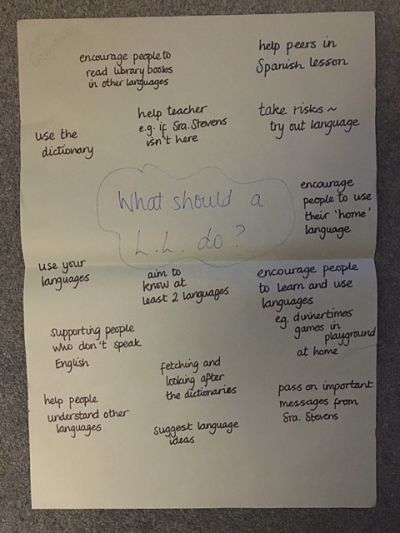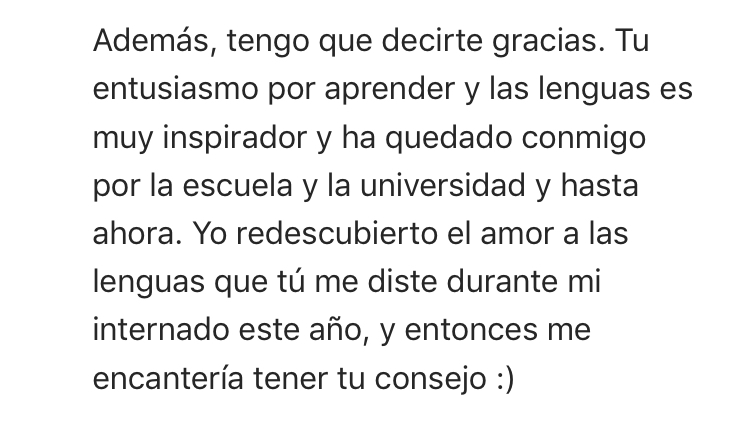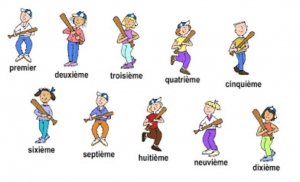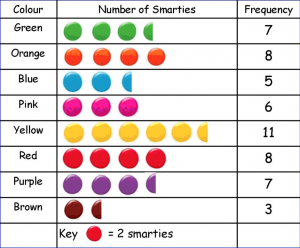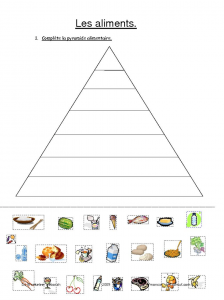
Just before we broke up for the summer, I asked the 2019 Language Leaders* team at my school for their thoughts on language learning. To help them, I posed some questions. I’ve already shared this on the school website but thought others might be interested in their responses.

Why did you volunteer to be a Language Leader?
I volunteered to be a Language Leader because I love learning languages; when I go on holiday I like showing off how I know how to speak the language. (RM)
I wanted to find out more about languages as they’re fun. (PS)
I volunteered as a Language Leader because I like learning how other people communicate. (AT)
I wanted to represent the school. (IH)
I thought it would be fun! (JS/SLG)
I volunteered because languages make me happy. (RS)
I wanted to explore the different languages and how to speak them (JJ)
I volunteered because I like to learn languages (AK)
I volunteered because I wanted to try something new (LD)

What do you like about languages?
I like speaking languages – it makes me feel proud! (GG)
It makes countries different (LD)
I like how other people talk and I don’t understand them. (AT)
I like that if you learn a language, you can communicate and understand people that speak other languages. (LE)
I like the sounds you make and how you spell words in other languages (JJ)
I like that different countries have different ways of communicating. (RM)
When I speak languages it makes me feel….. (RS)
It’s fun to learn! (IH/NH)
I like that everyone’s language is unique (PS)
I find them interesting, (JS/SLG)
When you go on holiday you can speak that language. (AK)

What do you find hard? What do you do when it’s hard?
When it’s hard, I practice what to say and find someone who already speaks that language to help. (JJ)
When it’s hard I just practice! (IH)
I find remembering the language hard. (LE)
Phonics and pronunciation can be tricky! (LD)
I sometimes find pronouncing words hard but I don’t give up as I have an open mindset. (GG)
When I find it hard I do some chants to help me remember (PS)
Sometimes I find writing hard so I ask for help. (SLG)
As a Language Leader I find it hard to choose the award winners! (AK)
I found writing my application letter for Language Leader hard! (NH)

Do you know any languages other than English? How did you learn them?
I know Arabic, Urdu Spanish and a bit of French! (IH)
I know Punjabi and Spanish – Punjabi from home and Spanish from school. (GG)
I know Hindi as my family speak it at home but I sometimes feel embarrassed speaking it in front of my friends. (RM)
I know how to introduce myself in French. (AT)
I know some Italian as we go on holiday there (LD)
My parents speak Tamil and I listen to them (JJ)
I know Urdu because I speak it at home (RS)
I know some Italian as my grandma was born in Italy (AK)

Do you enjoy learning Spanish?
A resounding yes!
I love Spanish – especially with Señora Stevens! I like that it has masculine and feminine! (RM)
I enjoy Spanish because my family go on holiday to Spain some years. (AT)
I like Spanish; I like how you have masculine and feminine and can explore how to decide which gender nouns have. (JJ)
I find learning Spanish with the great Señora Stevens really fun and interesting. (PS)

What would make language learning even better for you?
I could practice harder! (IH)
I’d like to learn some useful questions for the future; for example, how to ask for a cupcake in Italian. (AT)
I’d like to learn another language! (JS)
To do more mindmaps and diagrams to help me remember words (SLG)
I’d like to learn more languages and the differences between them. (LE)
Comparing more languages – for example hello is Vanakam in Tamil and Hola in Spanish (JJ)
I’d like to learn some gymnastics words as I love gymnastics (AK)
I think visiting the country would be a great idea! (LD)
If once a week we could read a story in a different language in assembly (PS)
I love the honesty of the answers they gave (I did tell them that I would be sharing their responses!) Having read their ideas, I’ve bought some new books and asked for more assemblies (I already do more than my share!), and will be experimenting with new ways of learning and recording vocabulary.
*Language Leaders at my school support and promote language learning of all sorts. Children write a letter of application and then the previous year’s team help me to choose. It’s normally a child per class but this year we went for a team across LKS2 and UKS2, predominantly formed of Y4 and 5s. The original team (four years ago) wrote their own “job description” which I’ve added for some context.
